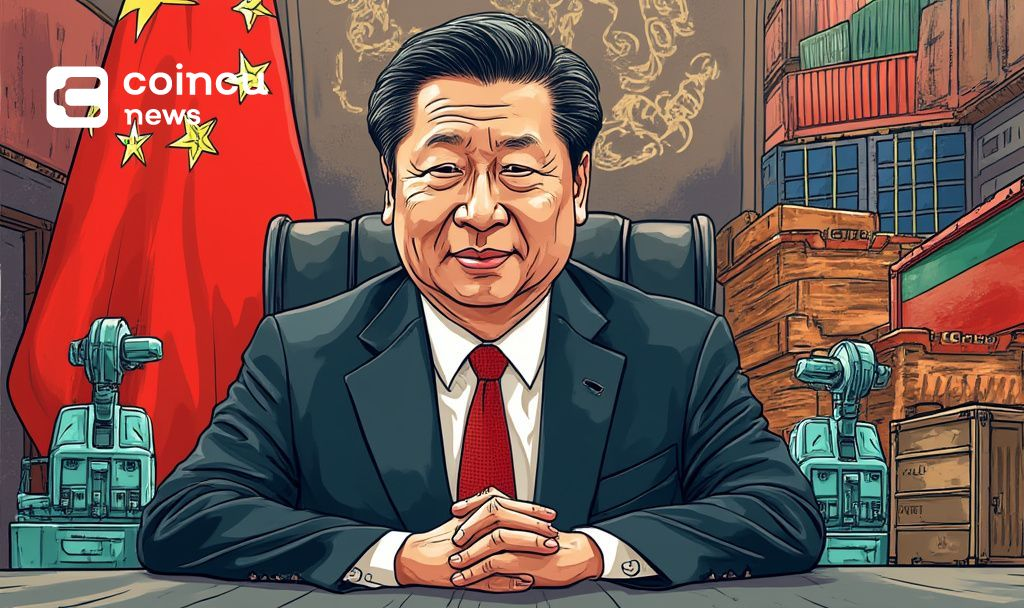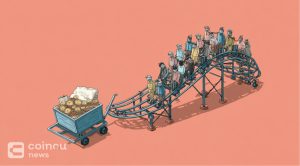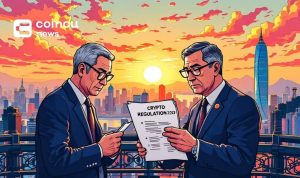- Key Point 1
- Key Point 2
- Key Point 3

China’s Diplomatic Moves to Counter U.S. Tariffs
Beijing—Over recent days, China’s Minister of Commerce, Wang Wentao, has actively engaged with international leaders to address the United States’ imposition of “reciprocal” tariffs. This initiative underscores an ongoing effort to mediate international trade tensions.
Trade Tensions Spur Interest in Decentralized Alternatives
Wang Wentao has notably communicated with leaders from the EU, ASEAN, and other global players. Discussions have centered around addressing the U.S.’s tariffs that many view as politically motivated. These conversations emphasize the need for cohesive international strategies to combat economic pressures.
Wang Wentao, Minister of Commerce, China, stated, “The tariff policies introduced by the United States unfairly harm developing countries and are politically motivated.” This quote highlights China’s firm opposition and its clear stance against U.S.-imposed tariffs.
China’s stance against U.S.-imposed tariffs is clear, with firm opposition if China’s interests are used as a bargaining tool. The EU’s proactive steps toward deepening market access and resuming trade talks underscore this sentiment. As part of the response, China continues to ensure its economic sovereignty remains unchallenged.
Market and global reactions have been swift, with analysts suggesting these tariffs may exacerbate domestic issues for the U.S., such as inflation and disrupted supply chains. “The ‘reciprocal’ tariffs are causing unintended domestic consequences for the U.S., such as heightened inflation, reduced imports, and disrupted supply chains,” an economic expert noted. China’s stance and international engagement showcase a unified opposition and hint at reinforced global trade alliances.
Did you know? The current situation echoes the 2018 trade tensions which led to increased crypto adoption as an alternative to traditional financial systems.
The ongoing tariff discussions mirror past trade wars that saw economic disruptions. Analysts observe that such conditions may lead to increased interest in decentralized technologies capable of circumventing traditional trade barriers. The rise in stablecoins and decentralized finance platforms provides an alternative against economic instability caused by political tensions.























